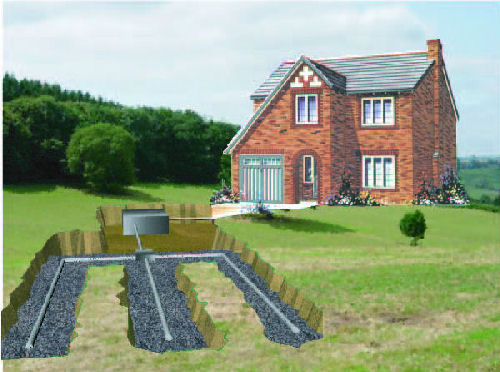Here at Godfrey-Hoffman & Hodge we thought it would be interesting to put together our list of the Top 5 Most Popular Articles of 2012 for our Engineering & Surveying Blog. To read the entire article, just click on the title:
1) Emphasizing The Importance of Land Surveying
3) [Case Study] Surveying Disasters: The Southwick Jog
4) What is Civil Engineering? Everything You Need to Know!
5) How to Settle Property Disputes through Land Surveying?

Continue reading “Engineering & Surveying: Our 5 Most Popular Blog Articles of 2012”





 Whether
Whether  Double the Fun
Double the Fun Hoffman: I never had to start from the ground up. When I was first licensed, I was a partner with my uncle, Bernard Godfrey, so together we continued to build on his excellent reputation. Our philosophy was to “do great work at reasonable rates, and they will come.” When I purchased Hodge, we continued with our new approach, applying it in a new location and continuing to listen to our clients.
Hoffman: I never had to start from the ground up. When I was first licensed, I was a partner with my uncle, Bernard Godfrey, so together we continued to build on his excellent reputation. Our philosophy was to “do great work at reasonable rates, and they will come.” When I purchased Hodge, we continued with our new approach, applying it in a new location and continuing to listen to our clients. Hoffman: While no one can predict the future, I do see the opportunities for new ways of thinking that can allow us to serve and partner with our clients to help them achieve their project goals. Our clients cannot afford lost time and expenses for missteps and errors, so they look closely at the “whole picture” of cost and quality when deciding who they hire. Our best clients are informed clients, and we have noticed that with the down economy other companies are taking a lot of short cuts and their work integrity suffers. Our clients know that it truly matters who they hire and that not all plans get them to the finish line.
Hoffman: While no one can predict the future, I do see the opportunities for new ways of thinking that can allow us to serve and partner with our clients to help them achieve their project goals. Our clients cannot afford lost time and expenses for missteps and errors, so they look closely at the “whole picture” of cost and quality when deciding who they hire. Our best clients are informed clients, and we have noticed that with the down economy other companies are taking a lot of short cuts and their work integrity suffers. Our clients know that it truly matters who they hire and that not all plans get them to the finish line. When a project is proposed, an important first step towards actualizing it is to assess the value, plausibility and potential of the activity. A feasibility study involves an in-depth exploration that looks at every aspect of the project, aiming to generate an objective picture of the costs, benefits and risks before going ahead. Feasibility studies may also be undertaken for ongoing projects or ventures, to determine whether they are still realistic.
When a project is proposed, an important first step towards actualizing it is to assess the value, plausibility and potential of the activity. A feasibility study involves an in-depth exploration that looks at every aspect of the project, aiming to generate an objective picture of the costs, benefits and risks before going ahead. Feasibility studies may also be undertaken for ongoing projects or ventures, to determine whether they are still realistic.



